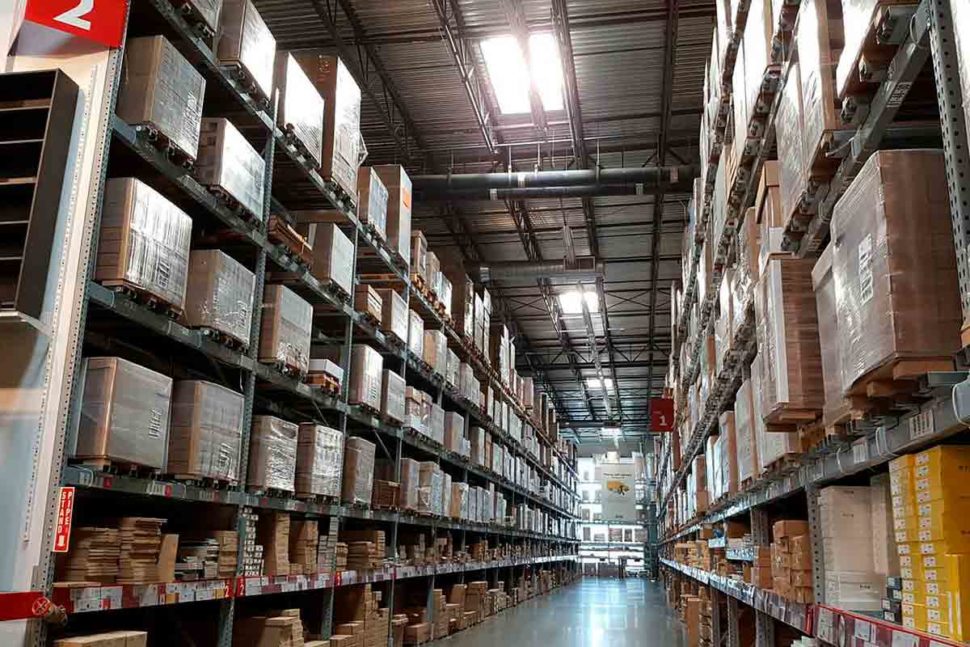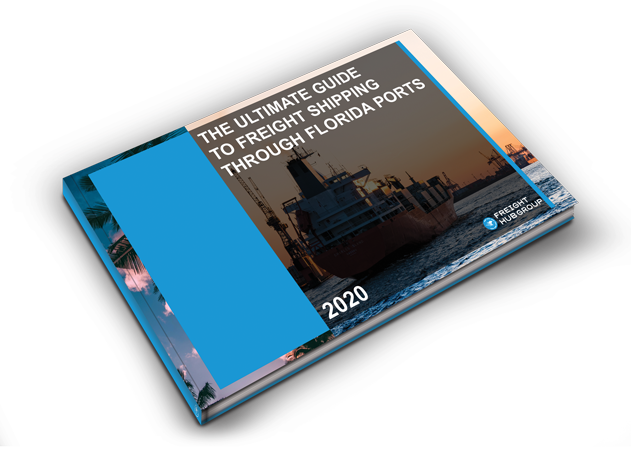A Quick Overview of Container Freight Stations (CFS)
A Container Freight Station is an area, usually a large specialist warehouse, that is used in the consolidation and de-consolidation of “Less Than Container Load” (LCL) shipments. When multiple LCL shipments are combined and consolidated, they form a “Full Container Load” (FCL), and de-consolidation is the reverse of this process. A container freight station (CFS) is also a space where stock due for import and export are temporarily stored. It can be described as an extension of a port or terminal with the objective of clearing congestion.

What is a Container Freight Station?
In addition to this, a CFS is located very close to a port, terminal or inland container depot, and are often found close to railway hubs. Container freight stations can be privately owned or owned by the shipping lines. Due to a CFS being involved in the import and export trade at the points of origin and destination, they are often described as either the origin CFS or the destination CFS.
Due to the increasing demand in LCL shipments, container freight stations have become highly desirable facilities. This is because they are usually located at a centralised location near transport links where importers and exporters can securely store their goods, knowing that they will be carefully handled and shipped on to the desired destinations.
Container Freight Charges
When it comes to the matters of logistics in importing and exporting goods through a container freight station, the biggest question in often “what are the CFS charges?”.
The charges applied to CFS tend to refer to the fees applied to an individual activity implemented at a CFS, usually the import and export of shipments through customs. The answer is that CFS charges vary as determined by a number of factors. In certain circumstances, CFS charges can be constant for a specific category of goods.
When it comes to shipping goods into or out of a country, CFS charges can play a huge part due to their high impact on logistics. If the charges are higher than anticipated, then they can form a sizeable part of the logistics budget.
It is particularly important for exporters to understand what the export CFS charges are as these are the charges involved when containers of goods are loaded onto container ships. In some circumstances, it may be possible for the customs authority to communicate with the customs authority at the destination in order to organise an all-inclusive CFS fee that will be acceptable to both countries, but this is a rare occurrence. This means that the exporter will need to always have the most up to date information before exporting their goods.
Bonded Warehouse vs. CFS
Bonded warehouse can be described as a chain of warehouses that are disconnected from the area around them. They are specialized warehouses used for the storing of goods that have not had any customs payments or fees paid on them until such time as they are taken from the warehouse and sent to customers.

A container freight station (CFS) is a system of warehouses where goods are stored and packaged into containers. The goods at these container freight stations can then be combined into one container ready for export, known as a Full Container Load, or exported individually which is known as a Less than Container Load.
CFS vs Inland Container Depot
An inland container depot (ICD) is a container storage warehouse inside of a country, but not near any major ports, terminals, or towns. They are often referred to as dry ports as they are often well away from any sea ports or rivers courses.
Where a container freight station is a customs area that is an extension of the port itself, an inland container depot is a customs station that is solely used for the loading and unloading of cargo. The CFS is a part of the customs process where checks of the goods are carried out, whereas an ICD is often only used for the warehousing and temporary storage of goods.
Recent Posts
Watch our Podcast

THE ULTIMATE GUIDE TO FREIGHT SHIPPING THROUGH FLORIDA PORTS
When it comes to ocean freight shipping in Florida, there is a lot to know to ensure you follow the appropriate steps when shipping into and out of Florida Ports.
Just enter in your email address and receive your FREE E-Book in minutes!